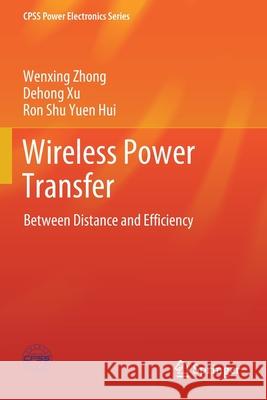Wireless Power Transfer: Between Distance and Efficiency » książka
topmenu
Wireless Power Transfer: Between Distance and Efficiency
ISBN-13: 9789811524431 / Angielski / Miękka / 2021 / 135 str.
Wireless Power Transfer: Between Distance and Efficiency
ISBN-13: 9789811524431 / Angielski / Miękka / 2021 / 135 str.
cena 603,81
(netto: 575,06 VAT: 5%)
Najniższa cena z 30 dni: 578,30
(netto: 575,06 VAT: 5%)
Najniższa cena z 30 dni: 578,30
Termin realizacji zamówienia:
ok. 16-18 dni roboczych.
ok. 16-18 dni roboczych.
Darmowa dostawa!
Kategorie:
Kategorie BISAC:
Wydawca:
Springer
Seria wydawnicza:
Język:
Angielski
ISBN-13:
9789811524431
Rok wydania:
2021
Wydanie:
2020
Numer serii:
000811540
Ilość stron:
135
Waga:
0.22 kg
Wymiary:
23.39 x 15.6 x 0.81
Oprawa:
Miękka
Wolumenów:
01
Dodatkowe informacje:
Wydanie ilustrowane











